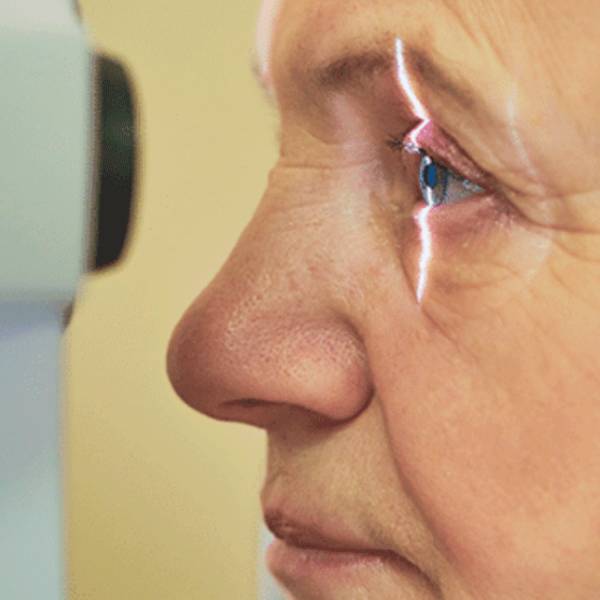Cornea and Lasik Eye Surgeon Specialist & Opthalmologist in Dombivali

Glaucoma Clinic
Glaucoma is a group of eye conditions that cause damage to the optic nerve, which is the nerve that carries information from the eye to the brain. This damage is typically the result of an increase in the pressure inside the eye, known as intraocular pressure. If left untreated, glaucoma can lead to vision loss and blindness.
There are several different types of glaucoma, but the most common type is called primary open-angle glaucoma. In this type of glaucoma, the drainage channels in the eye become clogged, causing fluid to build up and increase the pressure inside the eye. This type of glaucoma typically develops slowly and without symptoms, which is why it is often called the "sneak thief of sight."
Risk factors for glaucoma include age (people over the age of 60 are more likely to develop glaucoma), family history of glaucoma, high intraocular pressure, and certain medical conditions such as diabetes or high blood pressure. Regular eye exams can help to detect glaucoma early and prevent vision loss. Treatment for glaucoma typically involves medications, laser procedures, or surgery to lower the pressure inside the eye.
Glaucoma Medication
Treatment for glaucoma typically involves medications, laser procedures, or surgery to lower the pressure inside the eye. The specific treatment plan will depend on the type and severity of the glaucoma, as well as other factors such as the overall health of the patient.
Medications for glaucoma are usually taken in the form of eye drops, which are used to help improve the drainage of fluid from the eye and reduce the pressure inside the eye. These medications can be effective at controlling the symptoms of glaucoma, but they may need to be taken for the rest of the patient's life in order to keep the pressure under control.
In some cases, laser procedures may be used to help improve the drainage of fluid from the eye. These procedures are typically performed on an outpatient basis, and they can be effective at lowering the pressure inside the eye.
Surgery may be recommended for patients with more severe cases of glaucoma, or for those who do not respond well to medications or laser procedures. There are several different types of surgery that can be used to treat glaucoma, including traditional surgery, minimally invasive glaucoma surgery (MIGS), and drainage implants. These surgeries are typically performed by an ophthalmologist (a doctor who specializes in eye conditions) and can help to reduce the pressure inside the eye and preserve vision.
It is important to work closely with an ophthalmologist to develop an appropriate treatment plan for glaucoma. Early detection and treatment can help to prevent vision loss and preserve your sight.
Copyright © All Rights Reserved, By Dr Vidya Bawkar
 WhatsApp
WhatsApp